Innovation

Experts working in the advanced therapy sector tell In Vivo how novel solutions can empower cell and gene therapy manufacturers to reduce costs, improve scalability and optimize their processes – improving the clinical profile and commercial viability of products.

Dreams of a future with early curative treatments drives wave of drug development in pre-surgical and perioperative treatment in many tumor types.

A wealth of new therapies are set to successfully graduate from the pipeline in 2025. Within this cohort are a mixture of therapeutic areas, drug classes, first-time approvals, label expansions, and treatments that will meaningfully change how diseases are treated.

The five-year roadmap aims to expand support for AI research and development in essential health care and new drug development, as well as advance medical data usage systems and enable its safe use.

European cross-border HTA collaborations have much to learn from each other to keep drug prices from rising unfairly, say Nordic health technology assessment experts. Talks on HTA collaborations outside Europe are also underway.

A new large language model by Google Research and DeepMind is the most comprehensive tool yet to potentially expedite drug development and reduce the risk of failure.

Charles Cooper, CMO of the diagnostics firm bioMérieux, talks to In Vivo about the vital nature of partnerships to fight the global AMR crisis.

Ipsen rare diseases head Jennifer Schranz talks to In Vivo about why women are especially susceptible to a “diagnostic odyssey,” and how the company is working to find and treat female zebras.
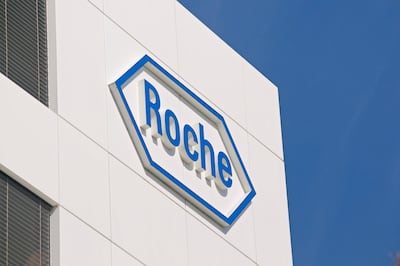
CE marking for its Accu-Chek Smartguide continuous glucose monitor means Roche is on the cusp of challenging existing major players in Europe with a device whose predictive algorithms can help sufferers plan and prepare longer into the future.

Trevor Martin talked to In Vivo about the importance of sharing a strategic vision with partners, the company’s superpower, and how a PhD is the best prep for a startup.

The US FDA’s Office of Women’s Health provides a research roadmap to address health concerns specific to women. The FDA recently updated the roadmap, outlining areas in which further research is needed.

Fusion Pharmaceuticals Inc CEO John Valliant talked to In Vivo about Canadian leadership in radiopharmaceutical innovation, its differentiated approach, and excitement around combination therapies for precision cancer treatments.
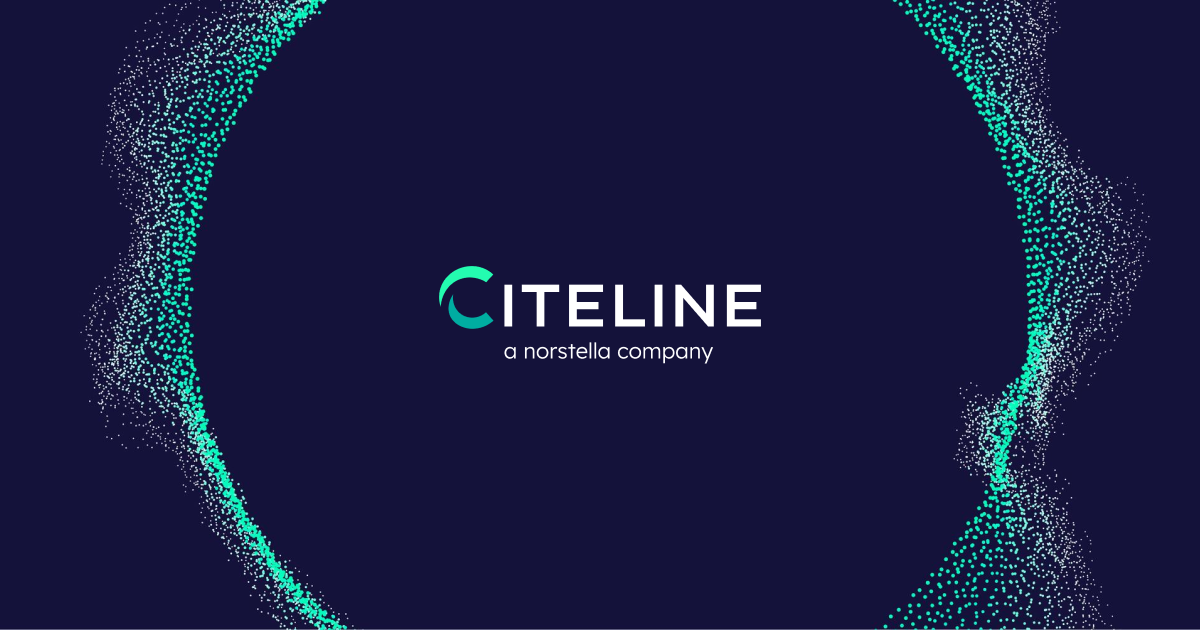
The big news in Q3 2024 was the acquisition of Exscientia by Recursion, which has now expanded its pipeline and gained access to more contracts, but this quarter was also marked by numerous seed rounds and M&As, with the strengthening of existing companies and emergence of new ones into what is becoming a crowded space.
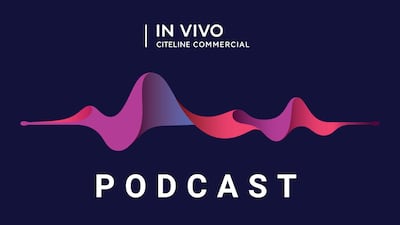
Richard Lowenthal, co-founder, and CEO of ARS Pharma, highlights the crucial unmet need for needle-free injections. Challenging issues posed by current epinephrine injectors, In Vivo questions the current and future progression of Neffy.
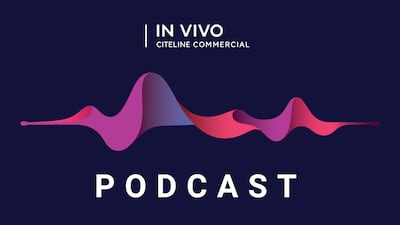
In the latest episode of the In Vivo podcast, Russ Lebovitz, the co-founder and scientist behind San Diego's Amprion Diagnostics, discusses the role alpha-synuclein misfolding plays in neurodegenerative diseases and how early alpha-synuclein testing could mitigate the impacts of conditions ranging from Parkinson's disease to Lewy body dementia.

Patrick Alexandre, Crossject CEO, discusses crucial developments happening for Zeneo, a needle-free injector, functioning intramuscularly to administer medication in a tenth of a second
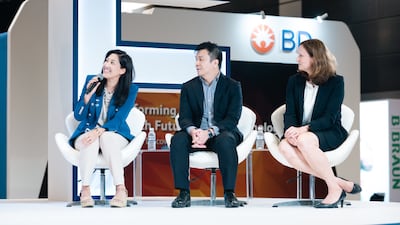
APrevent, a laryngeal implant developer from Taiwan, was named the overall winner of the annual MedTech Innovator APAC accelerator award for 2024. Awards managing director Fredrik Nyberg talked to In Vivo about the rising importance of the APAC region’s hub of companies providing innovative medtech.

The potential of the UK’s life sciences sector continues to be critically misunderstood and should be the cornerstone of both society and the economy, according to Teva’s CEO Richard Francis.
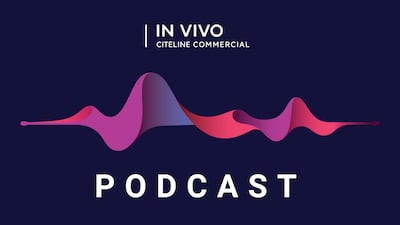
In this episode of the In Vivo podcast, visionary University of Toronto researcher Alan Aspuru-Guzik talks about the value of generative AI, automation and quantum computing in drug discovery.

Exosome-based treatments hold promise, but their reality has not yet materialized in the form of compelling clinical data. Belgian biotech Exo Biologics’ CEO Hugues Wallemacq believes his company can help move the field forward, both through its own clinical programs and by offering high-quality exosomes to others in the field.